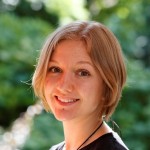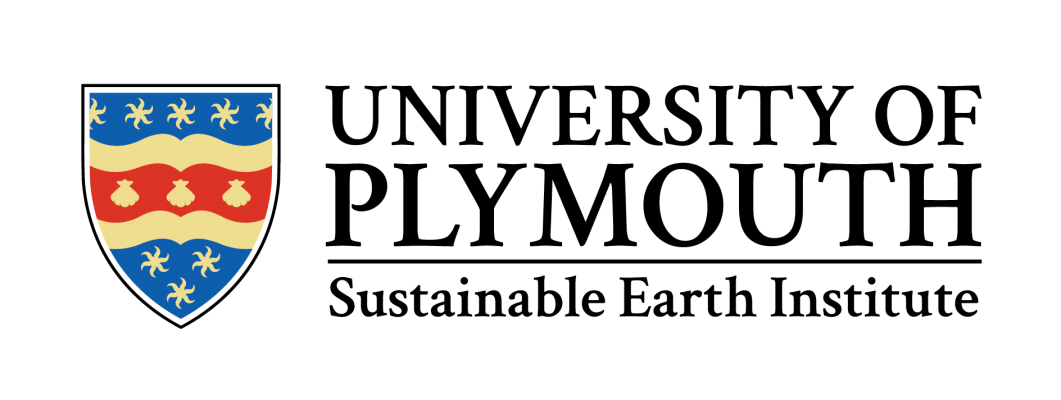Anne-Marie Culhane is based in Devon and is an artist, activist and performer. She initiates, catalyses, designs and delivers creative and environmental arts projects, events and gatherings including residencies, commissions, activism, education and multidisciplinary projects, a number of which are long term projects with lasting legacies. She is committed to sustainability, collaboration, co-operation and action. She participated in a residency at the University of Exeter for the Centre for Contemporary Art and the Natural World’s Soil Culture program and through Exeter Enquires artists commissions created Earthwalking, a project with Prof. Tim Lenton, Prof of Climate Change in Earth System science. She engages with a network of artists established through the publication ‘Playing For Time, Making Art as if the World Mattered’ by Lucy Neal, for which she was a key artist working on the book. She also works with ‘Encounters Arts’ based in Totnes as an associate artist. She worked with Friends of the Earth on their Art and Nature program in the 1990’s which acknowledged the important role artists play in animating campaigns and engaging the public. She is driven by a deep concern for how we live today and offers ‘different ways of being in the world’.
Anne-Marie has had a passion for spending time in the natural world from a young age but her work didn’t become fully integrated with sustainability, ecology and the environment until she studied a masters in interdisciplinary arts. She first studied geography at university followed by Art History, leading into curatorial roles running her own gallery and studio space. Her interests began to re-align with a passion for the earth and earth systems and she began to explore how to bring this together with her creative practice. At first this manifested as a residency on Arthurs Seat; an extinct volcano in the centre of Edinburgh. This was the first residency that had taken place there and Anne-Marie investigated how we relate to our immediate environment in terms of the natural world by exploring different peoples perspectives and responses to the site, she worked with Scottish Natural Heritage, Historic Scotland and Arts Funding. The perspectives of these people were featured together in a publication and in exhibitions. Anne-Marie appreciates research into how we can integrate different ways of reading, interpreting, responding to and managing the land and different ways of sharing experiences of being in different environments and landscapes. She finds real value in trying to bring different groups of researchers and members of the public together to try and find common ground. Her practice is also informed by permaculture as a design system.
Anne-Marie aims to find ways of shifting to different modes of operation which she feels need to be experimental, non-dogmatic and demonstrate how sustainable practice can bring a greater sense of wellbeing and happiness to people, she states ‘’It’s not like you’re losing out by choosing to live differently or use less resources, it’s very enriching and the possibilities are huge’’. Her approach is based in a pragmatic realism and knowledge and understanding of the current framework of unsustainability and also in developing successful models and projects. A lot of Anne-Marie’s work is very action based, her projects often involve actual interventions within the landscape, eg planting a 22 acre field of wheat with a collective of 42 people in rural Lincolnshire, guerrilla planting in the city or landscaping a University Campus with a group of people as a project. She is motivated by experiential research rather than desk based work, preferring to be out in the landscape having meetings, discussions and events and finds meeting outdoors to have a real impact on influencing how we discuss and relate to each other. If she finds someone else’s research of particular interest she will seek to have a live dialogue with them; she finds this much more enriching than reading pages of papers. She feels that it doesn’t really seem to fit with the discussion of a live earth system when we’re in isolation reading from our laptops and that the relationships and dynamics between people and how we can share learning and bounce ideas around live are really important. One of the biggest problems facing artists is a lack of financial resources making it difficult for artists to fulfil their potential as catalysts to engage wider communities. The role needs to be supported with a greater resource base both financially and in terms of valuing knowledge. She feels that often this is neglected and not taken seriously by organisations wanting to work with artists. Anne-Marie is keen to see more opportunities for artists to come together with researchers live, in workshops and discussions both formally and informally and also in developing more support in ecological literacy for younger artists as an integral part of their art education.
Find out more about Anne-Marie’s work at http://www.amculhane.co.uk/
 Jena Richeldis Parkin
Jena Richeldis Parkin
BA (Hons) Fine Art Student, Plymouth University
Student Artist in Residence, Sustainable Earth Institute
